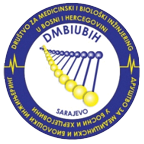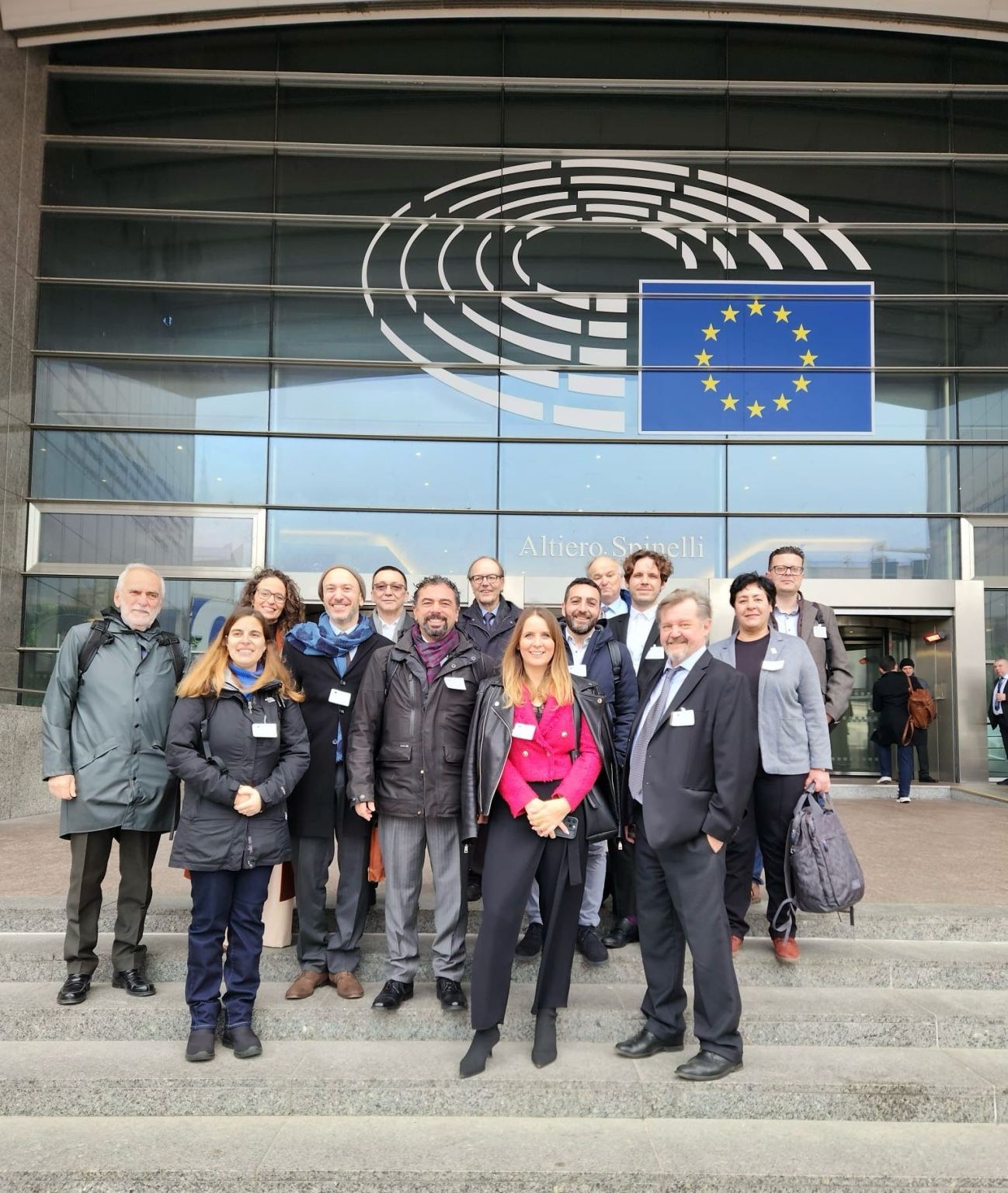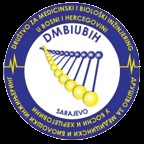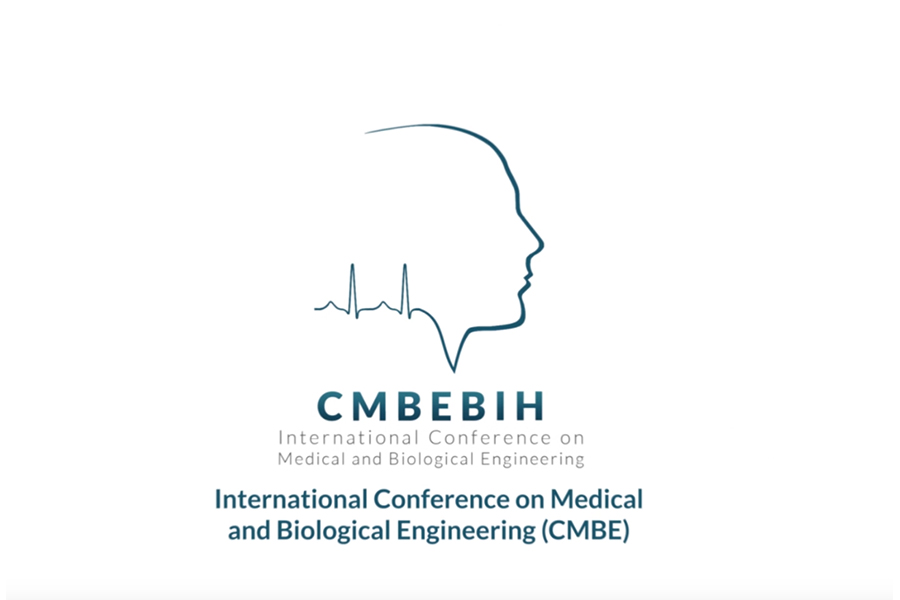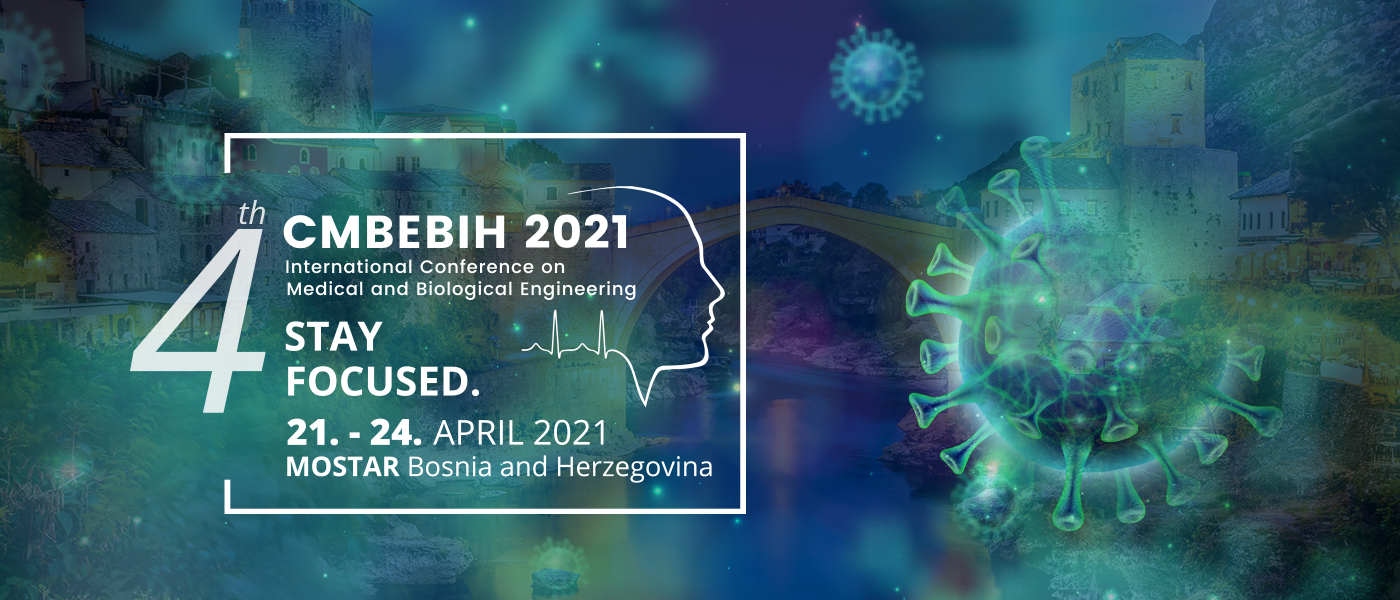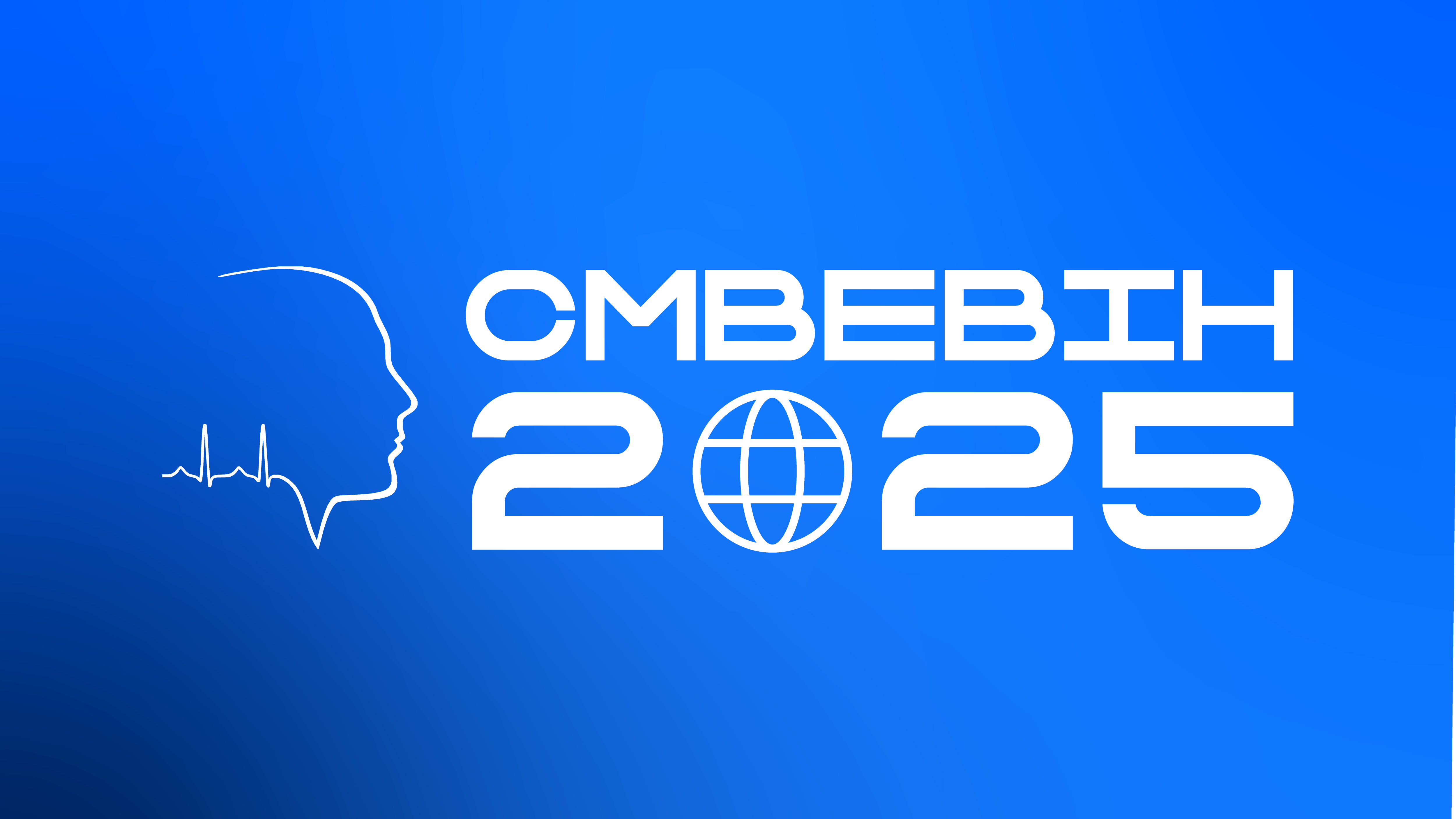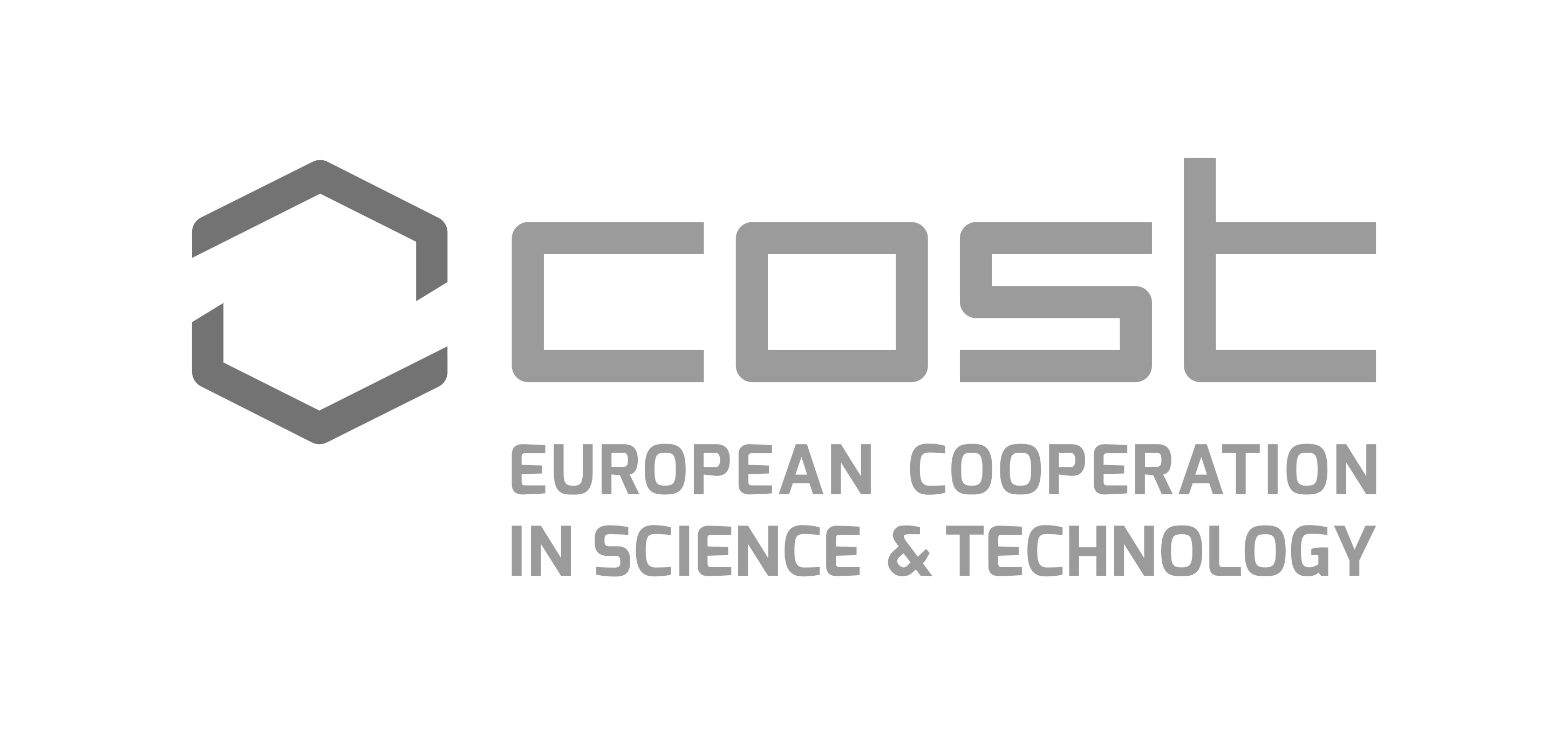Prof Leandro Pecchia, IFMBE Secretary General and former EAMBES president, successfully organized and delivered a new EPIG event: Strategic autonomy and competitiveness of the EU Medtech sector – The role of biomedical engineering in strengthening Europe’s Leadership.
The event took place on March 25, 2025, at the European Parliament, and was hosted by MEP Nicolas Gonzalez Casares (S&D, Spain) and MEP Laurent Castillo (EPP, France). Dr. Lejla Gurbeta Pokvić was also among the attendees. The Bosnia and Herzegovina Medical and Biological Engineering is the member of European Allinace of Medical and Biological Engineering and Science.
Summary notes and key points of the event are reported below.
Laurent Castillo, representing the Ministry of Health, Olivér Várhelyi, announced that the ministry plans to propose revisions to the Medical Device Regulation (MDR) before the end of the year. These revisions aim to address and overcome existing bottlenecks in the regulatory process. Biomedical engineers (BME) are expected to play a significant role in these regulatory changes, given their expertise and involvement in the field.
A major focus of the upcoming revisions is to keep pace with the rapid evolution of medical devices. Currently, there are over 2 million different types of medical technologies available worldwide, reflecting the fast-paced innovation in this sector. In Europe, on average, a patent for medical technologies is filed every 30 minutes at the European Patent Office (EPO). The medical technology sector is also a major driver of employment and innovation in Europe. With approximately 37,000 companies operating in the medical technology sector - 90% of which are small and medium-sized enterprises (SMEs), it provides jobs for approximately 880,000 people across the continent, reflecting its critical economic and social importance.
As technology advances quickly, it is essential to ensure that regulations are adaptable and responsive. Additionally, there is an increasing emphasis on sustainability, particularly in areas such as single use medical devices, packaging and recycling, as the healthcare industry seeks to reduce its environmental impact. Another critical objective is to ensure the availability and competitiveness of medical devices in the European market while maintaining the region's leading position in medical innovation.
Despite these evolving priorities, patient safety remains the highest priority, guiding all regulatory changes and technological developments.
One of the major challenges in implementing the revised MDR is managing legacy devices. The regulatory environment remains a "moving target," as older medical devices that were developed before the current regulations have to be dealt with.
Another key area of transformation in this area is the increasing role of digital technology. The European Health Data Space (EHDS) is a crucial initiative designed to unlock the potential of health data for both primary and secondary uses. Primary use refers to patient care and electronic health records (EHR), while secondary use involves research and innovation. Stakeholders are encouraged to consult the EU catalog of EHDS, which serves as a reference point for this evolving digital framework.
After all, EHDS will enable further Artificial intelligence (AI) developments in healthcare, which are already raising new regulatory and ethical questions. As a consequence, there has been a recent release of guidelines on the topic (e.g., the EU AI Act, the product liability directive, etc). While AI systems must comply with the existing MDR, they are also subject to additional provisions. For example, providers of AI systems must ensure responsible data governance and accuracy. Meanwhile, deployers of AI systems must assign human oversight and guarantee that input data is both relevant and sufficiently representative to avoid biases and inaccuracies.
The transformation of healthcare through medical devices is part of a long history of technological progress, spearheaded by biomedical engineers. Since the 19th century, innovations like the stethoscope and the X-ray machine have revolutionized patient care. Today, much progress has been made, and the focus is on personalized medicine and the integration of AI, which promise to deliver more precise and effective treatments. As the saying goes, "No health, no wealth; no medical technologies, no healthcare." This quote underscores the essential role that medical devices play in supporting both individual well-being and broader economic prosperity.
Maintaining Europe’s competitiveness in this rapidly evolving sector is vital—not only for economic growth but also for the future of public health.


